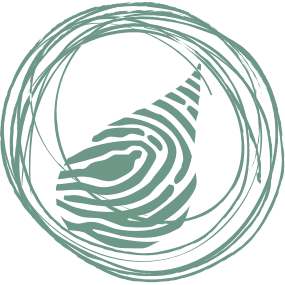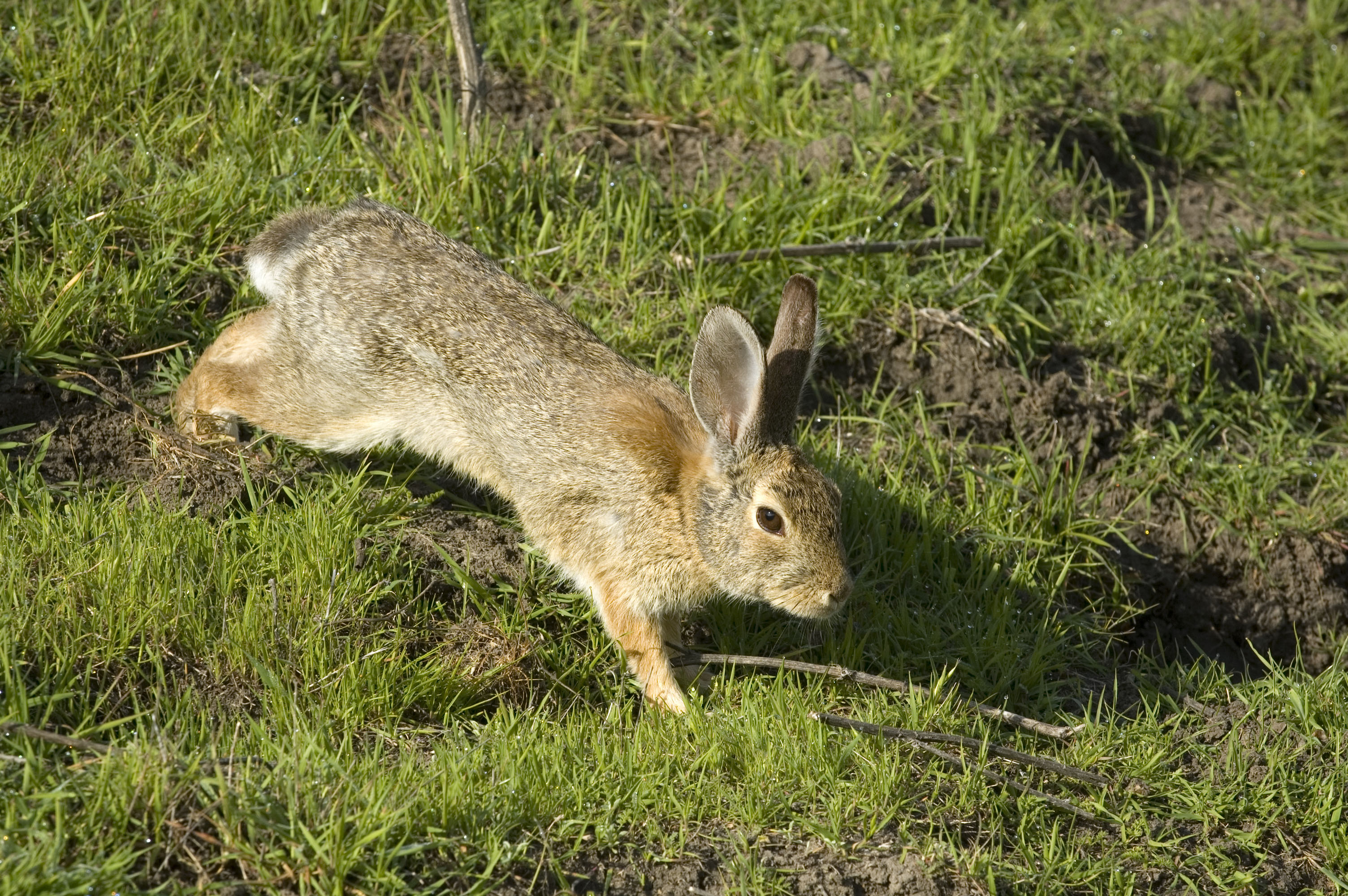If you’re looking for enduring results in rabbit control, Autumn is the ideal time. With a reduced likelihood of kittens and scarce feed, a release of rabbit biological control virus, RHDV1-K5 (calicivirus) can deliver great outcomes.
Rabbit Control In Action
Peter and Sarah Smith, organic farmers from York, did a calicivirus release in Spring 2021 that had short-term success, reducing rabbit numbers by 93% within 3 weeks. Since then, numbers have built back up and they’ve been waiting for a break in the recent rains to do a follow-up release. Their end game is to protect their Eucalypt Woodlands and some very successful revegetation they planted in 2021.
Peter says the process of completing the online training and executing the virus release was relatively straightforward. With the support of our team he said that he would recommend the incorporation of the virus to other landholders in their feral control programs.
The Smith’s Wild Things
The Smith’s have been engaged in our Where the Wild Things Are project. They have been undertaking activities to protect 130 hectares of threatened wandoo and York gum woodland habitats on their property.
As well as their very successful revegetation activities, with 95-100% seedling survival rates, the Smith’s have been monitoring native fauna to see what animals are utilising the woodlands. This will help them to better manage their natural assets. In addition to the not-so-welcome introduced foxes and rabbits, they have recorded several native species including Gilbert’s Dunnart, a Carpet Python and Owlet Nightjar.
Get The Right Information For Your Own Calicivirus Release
Some helpful information about calicivirus can be found on the DPRID website. You can also register for your own training here.
To purchase the virus, you can contact:
NSW Department of Primary Industries - Regional NSW
Ph: (02) 4640 6012
Need Extra Support?
We currently have support available for landholders wanting to control their vertebrate pests. Our pest control program is available to assist anyone wanting to reduce the effects these pests are having on native species in bushland on, or adjacent to, their property. Register your interest via our Your2Cents portal.
Wheatbelt NRM’s Where the Wild Things Are program is supported by the Australian Government’s National Landcare Program.


